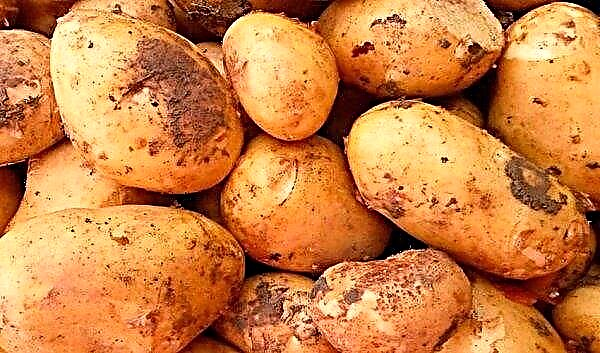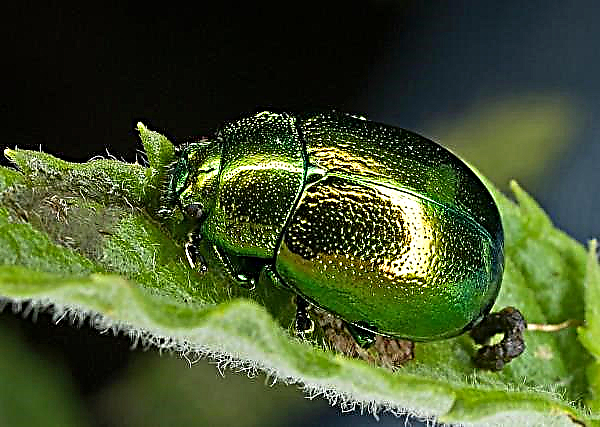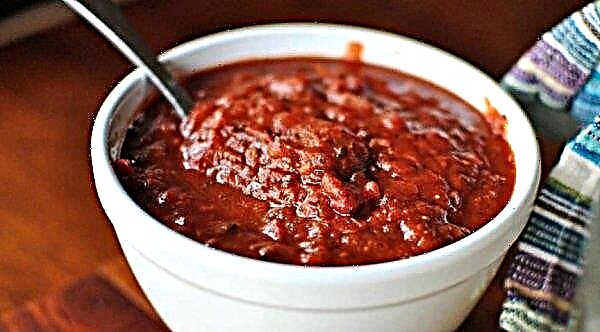In its plan for 2020/21, which sets priorities for the coming year, the Department of Agriculture of Canada says it will continue to help the sector use market opportunities and maintain or improve access to international markets, including through negotiations and trade.
Improving international trade and introducing a new food policy underline Canada’s Department of Agriculture plans for next year.
In Canada, ice wine is made from naturally frozen grapes.
Several potential trade deals are documented before the pandemic crisis and released in March.

The federal government is in talks with a bloc of Mercosur countries, which includes Argentina, Brazil, Paraguay and Uruguay.
Another trade agreement in the works includes the so-called Pacific Alliance, consisting of Chile, Colombia, Mexico and Peru. Canada Agriculture also mentions trade initiatives involving the Association of Southeast Asian Nations.
The Governing Liberal Party pledged to increase and diversify the export of agricultural and agri-food products in order to achieve the export target for the sector of $ 75 billion by 2025.

The Department of Agriculture of Canada noted increased protectionism in other countries, which led to the introduction of tariff or non-tariff trade barriers affecting the economic prospects of producers, but stated that it would promote a predictable and stable trading environment in its planning documents to help mitigate these risks.
- Earlier, we wrote that Canadian farmers are called upon to manage costs.
- In Montreal (Canada) there is a waste-free enterprise for the production of livestock feed from flour worm protein.
- The National Farmers Union of Canada believes that farmers' markets are an important component of local food systems, but they may be at risk due to provincial and municipal health guidelines that result in business closures or restrictions on number of people and distance protocols.












